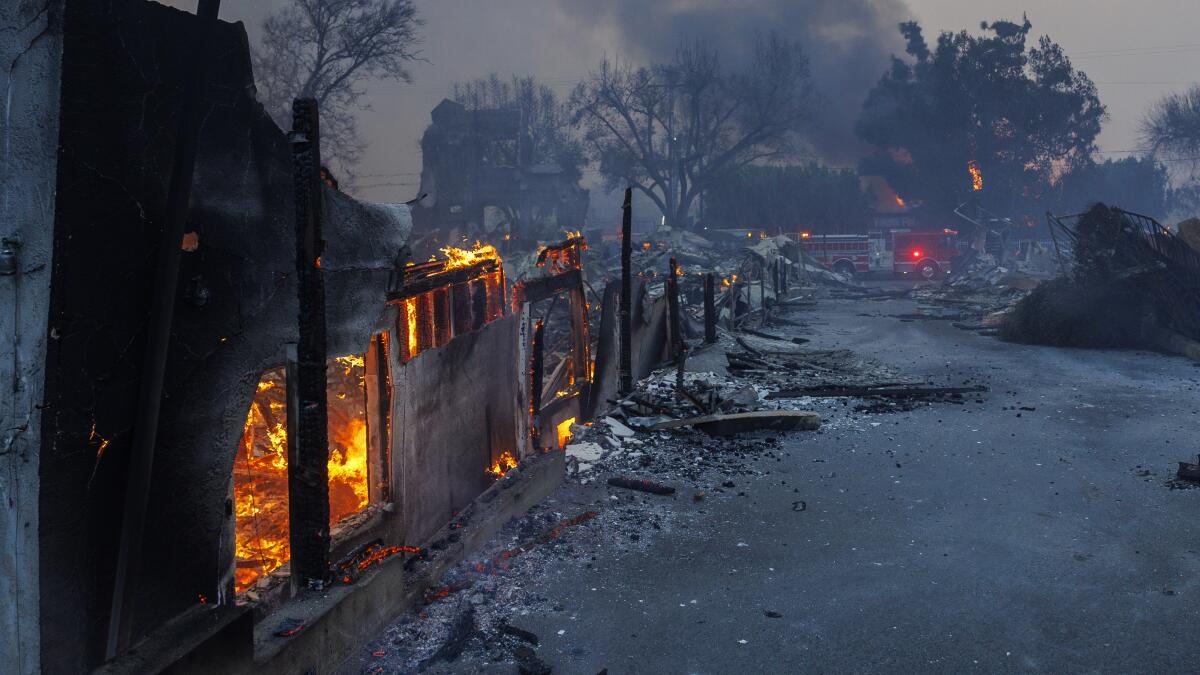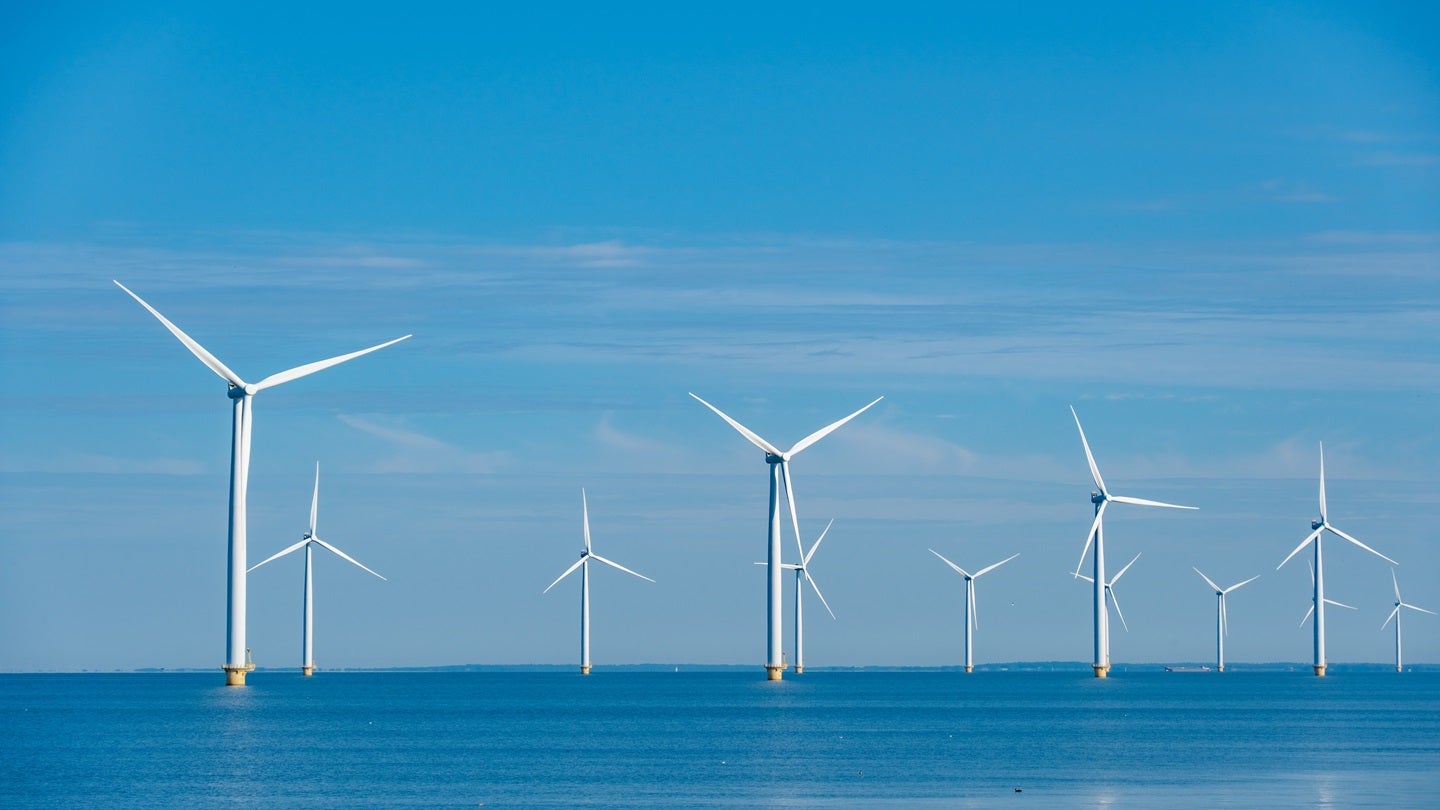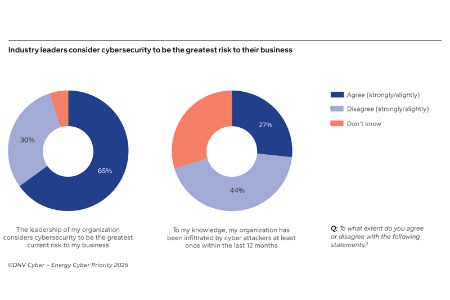
Trade War Fallout: How Trump's Tariffs Are Crushing North American Businesses
In a bold move signaling his commitment to trade reform, President Donald Trump returned to the Oval Office with a resolute stance on international trade, reaffirming his intention to implement tariffs on goods from Mexico and Canada. Despite vocal pushback from the retail sector, which warns of potential economic repercussions, Trump remained steadfast in his economic strategy. The president's announcement underscores his long-standing belief in protecting domestic industries and reshaping international trade agreements. Retailers, however, are expressing deep concerns about the potential impact of these proposed levies, arguing that such tariffs could lead to increased consumer prices and disrupt established supply chains. As the administration moves forward with its trade policy, the tension between protectionist economic measures and free market principles continues to be a central point of debate. The retail industry's apprehension highlights the complex economic landscape that the Trump administration navigates in its pursuit of what it calls fair trade practices.










